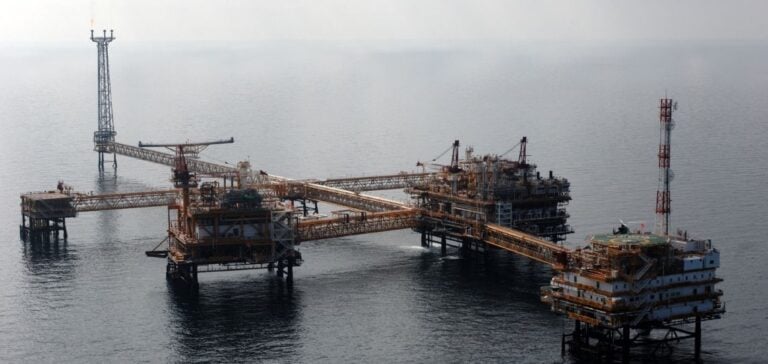The United States recently stepped up its economic sanctions, targeting military components from China and Hong Kong used by Iran and the Houthi rebels in Yemen.
This move comes against a backdrop of rising tensions in the Middle East, directly affecting crude oil prices on international markets.
New US sanctions
The US Treasury Department, via the Office of Foreign Assets Control (OFAC), is imposing sanctions on several companies and individuals involved in the supply of essential components for Iran’s ballistic missiles and UAVs.
These components include accelerometers and gyroscopes, crucial to Iran’s ballistic missile and unmanned aerial vehicle (UAV) programs.
Sanctioned entities include Tas Technology Company, a Chinese company, as well as several companies based in Hong Kong and Iran.
The US has also targeted key individuals involved in these transactions, highlighting their central role in the proliferation of weapons in the Middle East.
Geopolitical repercussions
Iran’s response to these sanctions was immediate, with the country denouncing an escalation of tensions by the United States.
This situation exacerbates fears of a wider conflict in the region, especially as recent incidents, such as the Israeli attack in Teheran that led to the death of Hamas leader Ismail Haniyeh, have already fuelled uncertainty.
Crude oil prices reacted accordingly, rising significantly.
WTI (West Texas Intermediate) for September delivery closed up $3.18 at $77.91 a barrel, while September Brent rose $2.09 to $80.72 a barrel.
These fluctuations reflect investors’ concerns about the stability of oil supplies from the Middle East.
Impact on the energy market
The impact of US sanctions goes beyond mere economic restrictions.
Companies in the energy sector, including those in oil-importing countries, are keeping a close eye on developments.
Sanctions could disrupt supply chains and require adjustments to energy procurement strategies.
Increased oil price volatility has global economic repercussions, affecting not only oil market players but also economies dependent on energy imports.
Analysts predict that if tensions persist, additional measures could be taken by other countries, further accentuating market instability.
New US sanctions against Iran and the Houthi rebels add further complexity to the geopolitical dynamics of the Middle East.
By disrupting supply chains for military components, the United States is seeking to limit Iran’s ability to develop its missile and drone programs.
This move is having a significant impact on the global energy market, increasing the volatility of oil prices and prompting market players to reconsider their supply strategies.
The situation is still evolving, and future developments will be closely scrutinized by industry professionals.






















